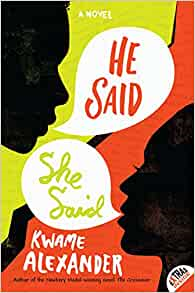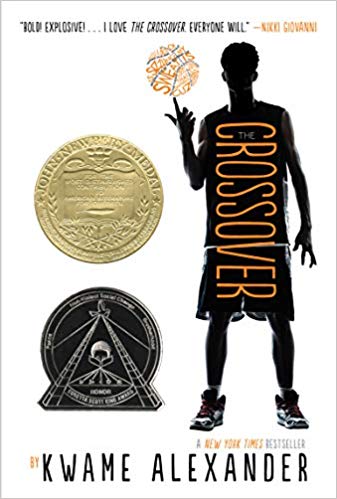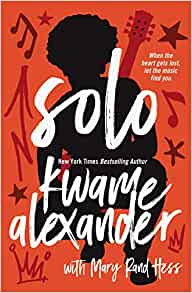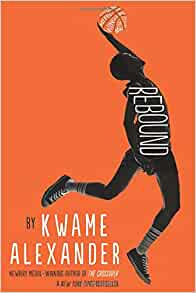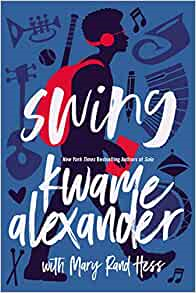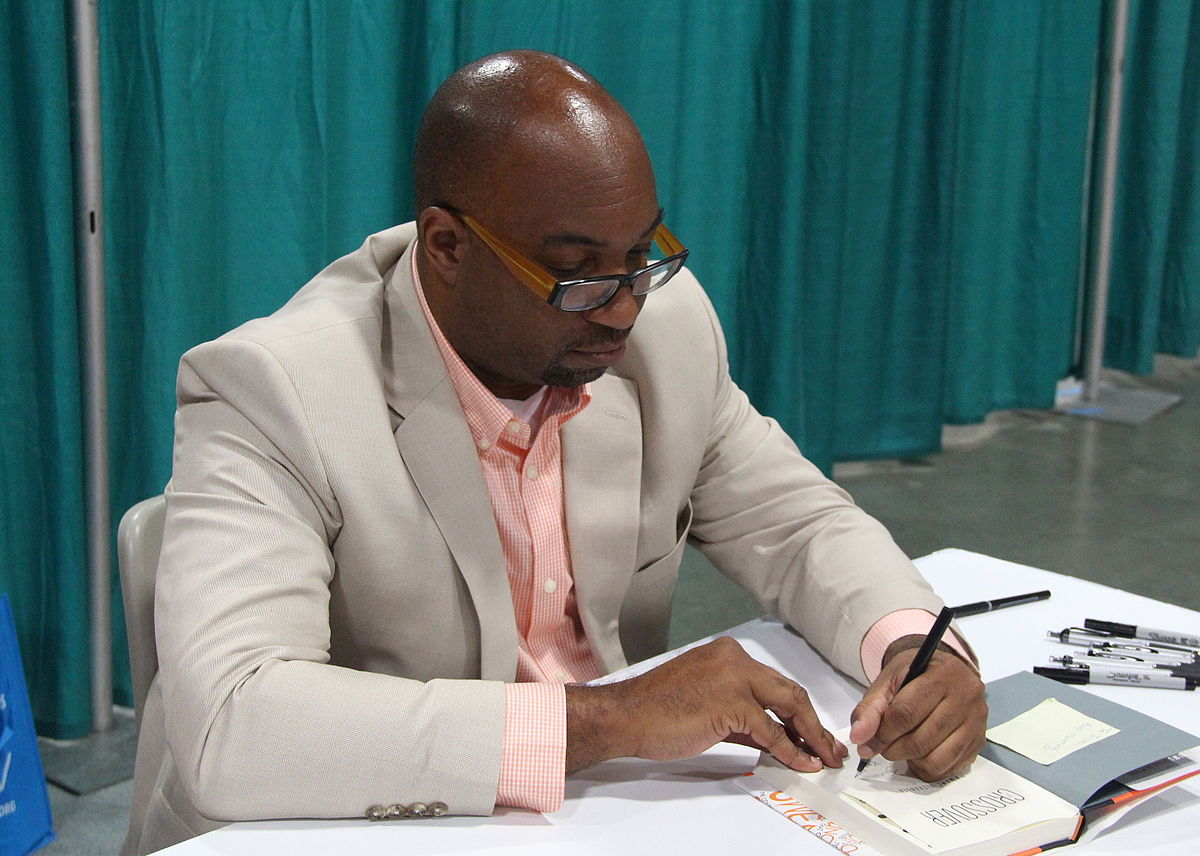I pre-ordered President Obama’s new book, A Promised Land. When it automatically downloaded to my Kindle at 12 a.m. on the dot this morning, I was super excited. Please feel free to join along with me in reading his 752-page what-is-sure-to-be-a-masterpiece, part I of his presidential memoirs. President Obama’s epigraph includes an African American spiritual that was clearly the inspiration for his book’s title and a Robert Frost quote. The book is broken down into seven parts: “The Bet,” “Yes We Can,” “Renegade,” “The Good Fight,” “The World as It Is,” “In the Barrel,” and “On the High Wire.” President Obama is such a great writer and storyteller. Let’s get started on my reading reflections….
Reflecting on President Obama’s Preface
Reading the opening lines of President Obama’s preface is refreshing because he acknowledges that he may not have accomplished everything that he wanted to as president. For me personally, it’s frustrating that some people who criticize him do not seem to realize that as president, it’s not humanly possible to accomplish all things and that you have to work within the constraints of the office and the supposedly three branches of government along with the politics of a divided government that was explosively divisive after the election of our first Black president.
As a writer myself, it’s supercool that he shared a glimpse of his writing process: “with a pen and yellow pad (I still like writing things out in longhand, finding that a computer gives even my roughest drafts too smooth a gloss and lends half-baked thoughts the mask of tidiness)” (p. xiii). My first thought was who will have to type up his notes? lol. As a writing instructor, that is a great line “too smooth a gloss and lends half-baked thoughts the mask of tidiness” (p. xiii). I often remind my students that a con of using word processing software is that we automatically are thrust into the editing process, instead of just letting the words pour onto the page for later revision—that the first draft is rarely (more likely never) the last draft. No matter how much I try to encourage the revision process with multiple drafts, students resist that notion and often turn in final drafts that are really first drafts with a few minor tweaks here and there just because, with no real intentionality.
Friday, November 20, 2020
President Obama wrote that he wanted to do more than give a “historical record of key events” (p. xiii), that he wanted to also give an “account of some of the political, economic, and cultural crosscurrents that helped determine the challenges” (p. xiii) that occurred during his presidential watch. I’m most interested in the cultural crosscurrents and I’m looking forward to reading about his take on the current racial climate in the country. This volume covers his first term so I have to think back to what was going on from 2009 to 2012 (and also 2008 during his presidential campaign).

